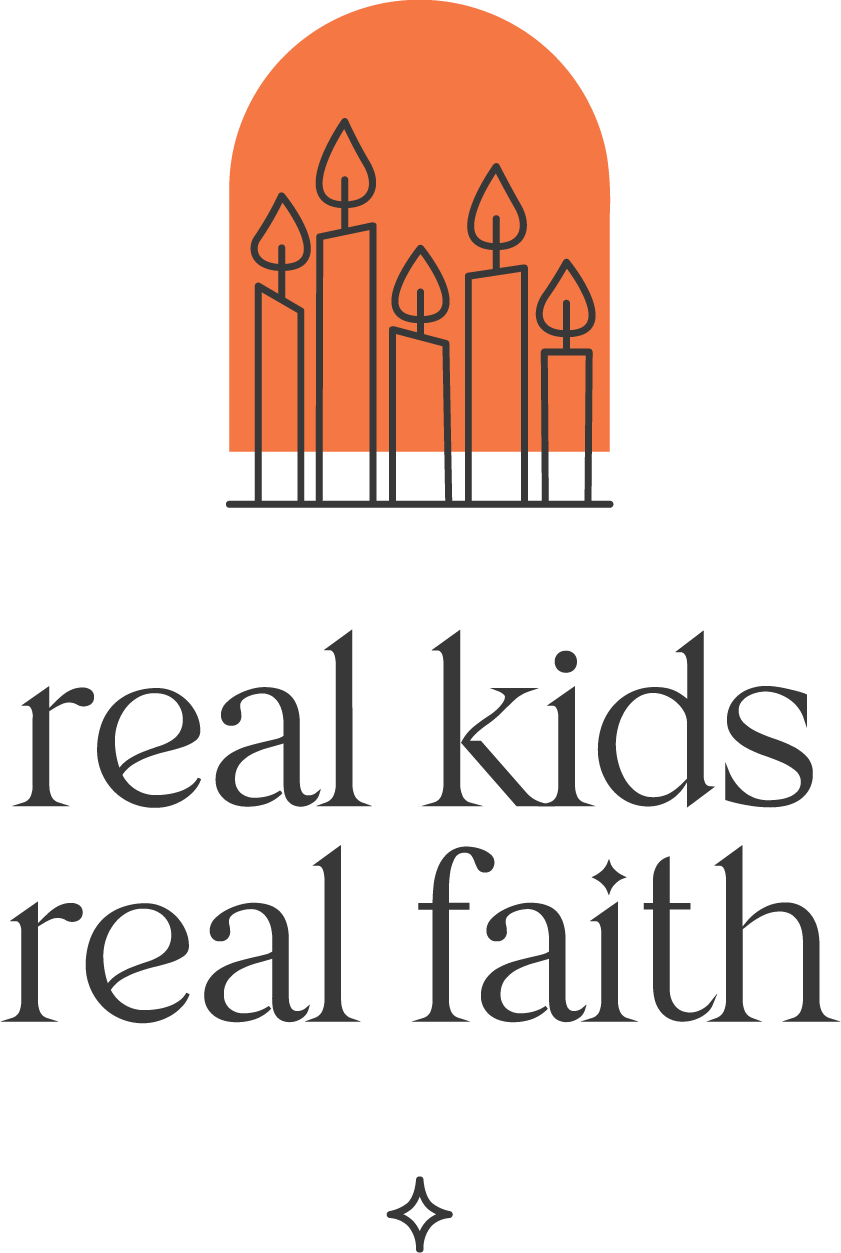“Where are all my helpers? It’s time to clean up our room for storytime.”
Many adults use the title ‘helper’ to capture a variety of tasks, from helping to get a room cleaned up for another activity to listing it as a specific title on a classroom chore chart. The idea is that using this label will help children identify themselves as a helper and participate in activities that help others.
But recent research by The Conceptual Development and Social Cognition Lab at New York University found that children who were labeled helpers often helped less or gave up earlier in their helping activity than children who were not categorically labeled but simply asked to help. Setbacks, such as a toy breaking while a child ‘helper’ was trying to clean up, had a negative effect on children’s future helping behavior. It seems categorical language (the label ‘helper’) essentially backfires, causing a decrease in desired behaviors rather than affirming them.
So what are we to do if we want children to help others, as well as participate in social justice actions, create peace, and protect the environment? We are accustomed to using categorical language, labeling children as helpers, justice-seekers, peacemakers, or environmentalists, to bring attention to these expectations. But labeling children in this way creates an environment where young people’s spiritual identities may become weak and inflexible.
For example, a child whose letter to the School Board for gender-neutral bathrooms goes unsent or who forgets to turn off the water after washing their hands might disregard the title justice-seeker or environmentalist and the actions that go along with it because they clearly see ways in which that identity doesn’t apply to them. However, children who understand that they can do things to seek justice or help the environment (as opposed to being justice-seekers or environmentalists) are more likely to see mistakes as challenges they can learn from, not contradictions that force them to reshape their spiritual identities.
A child’s spiritual identity needs to be both strong and flexible. Educational researcher Tony Eaude notes that developing identities should be strong enough that they can withstand challenges: continuing to want to help others even when a service project doesn’t go as planned or to cultivate peace when an attempt to resolve a conflict between friends produces more strife. And they should be flexible enough to adapt as challenges arise. For example, a child may resist participating in loud marches or protests but recognize that letter writing can also be a justice-seeking activity and thus continue to self-identify as someone who participates in acts of justice by writing letters to local authorities.
Keeping this research in mind, we can help foster strong spiritual identities in children by
- Using action language instead of labels to describe desired ethical behaviors.
- Remove categorical language from your classroom or workspace visuals and practices.
- Let children decide for themselves what labels to apply to their identities.
- Share this information with families so they can do the same at home.
A relatively small change in how we talk with children about helping and other ethical activities can make a difference between encouraging strong and flexible spiritual identities and weak and inflexible ones.

Comments